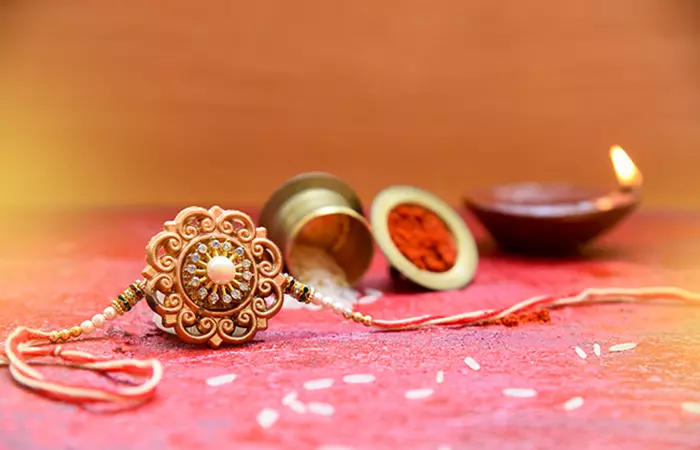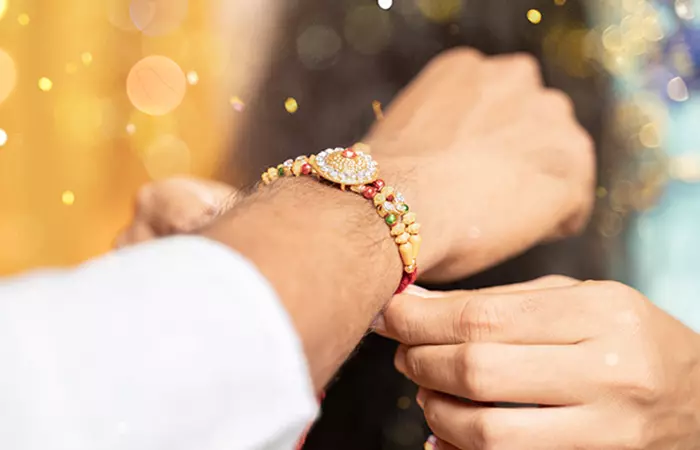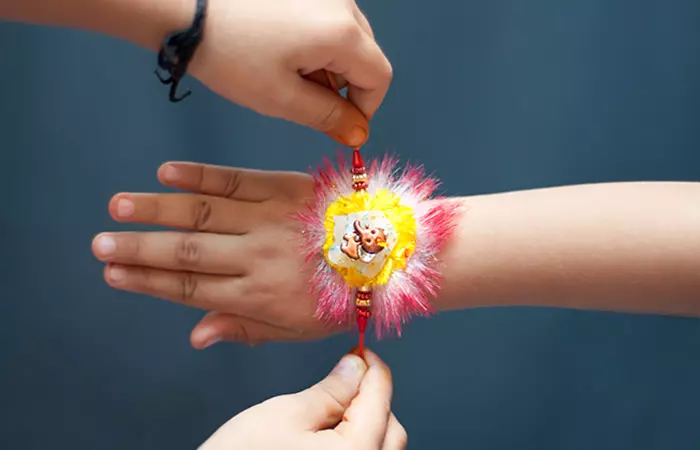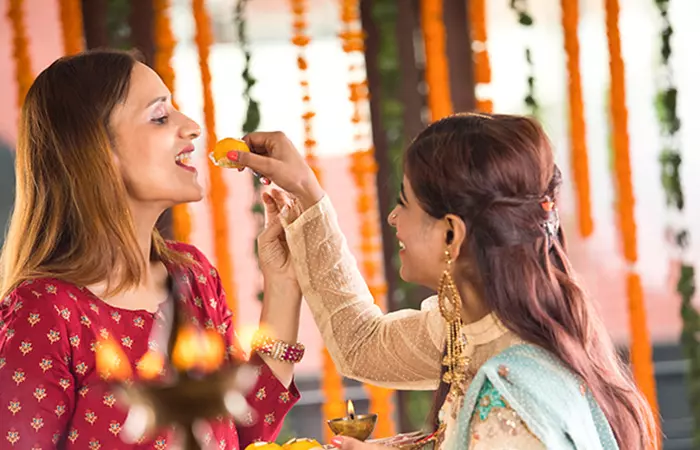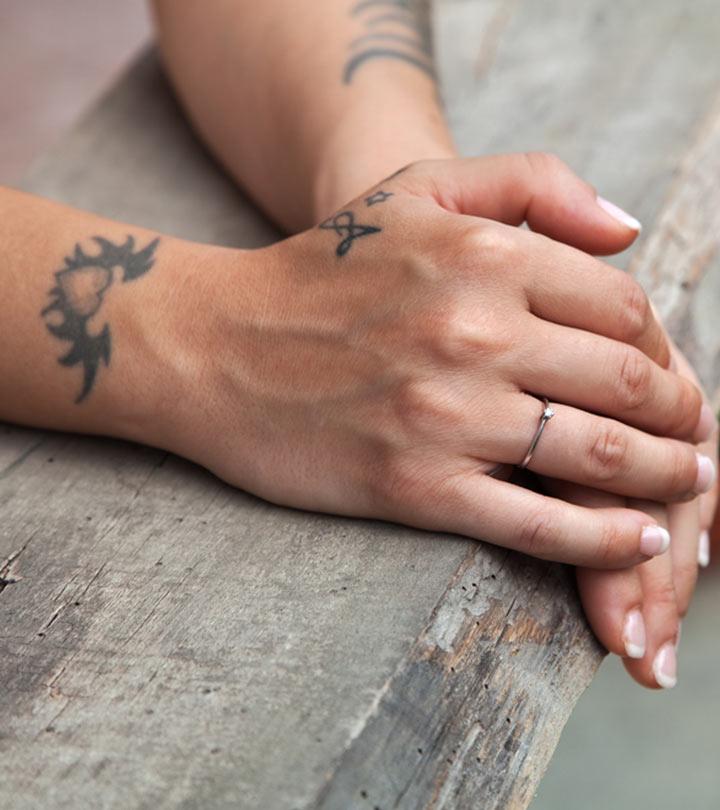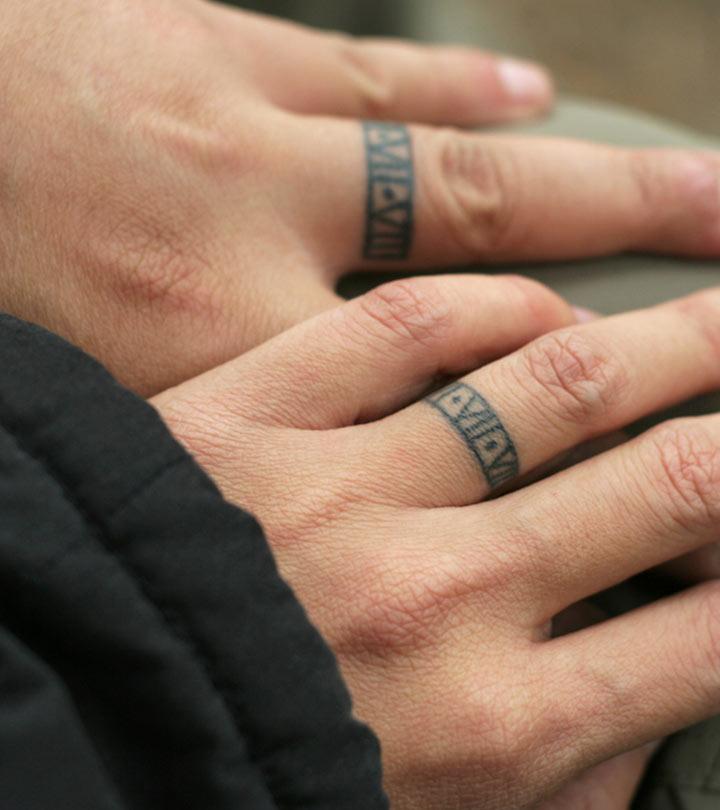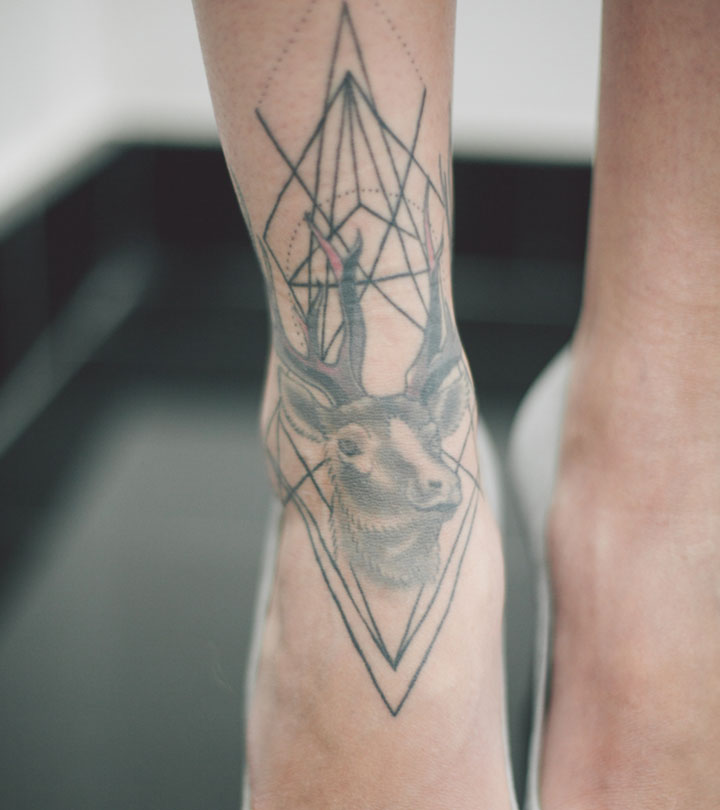Can Feminism And Raksha Bandhan Be A Balancing Act?
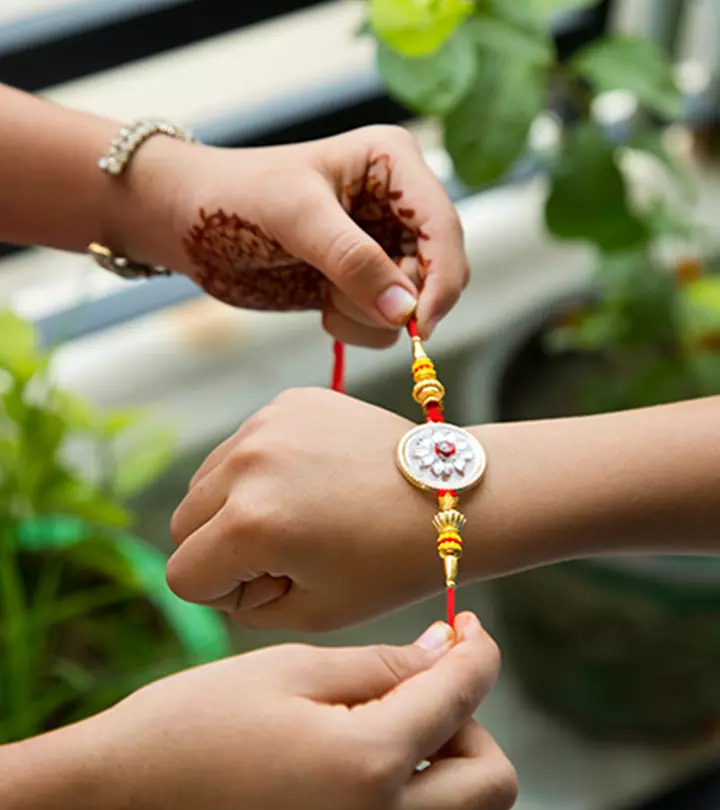
Image: iStock
Every year during the month of August, we welcome the festival of Raksha Bandhan. The festival celebrates the special bond shared between sisters and brothers. The tradition involves the sister tying a unique ceremonial thread to her brother’s wrist. Her brother then takes a vow to protect his sister. As time has passed, people have often questioned the whole idea of “protecting” one gender. Since the dawn of time, women have been called the “weaker” gender and, as a result, need to be protected by the men in her life. The irony is that we often find women or groups of women looking out for each other on streets where these same men walk. Many see the tradition of Raksha Bandhan as wholly anti-feminist in its celebration, but can we dig deeper into this? Read on to find out:
Person Or Property?
You might argue that there’s nothing wrong with wanting to feel protected or wanting to protect someone. But with this idea of “protection” comes a sense of unwarranted entitlement over the bodies of the women in your life. While you might have been raised in a modern household, there are many out there whose reality is just this — being protected and sheltered from the rest of the world. Often, the very men in the family dictate whom a woman can interact with, where and when she can go out, and what she can or cannot wear. A proper understanding that differentiates between ownership and protection is required for a caring and loving bond between two siblings rather than a proverbial proprietor-property relationship.
This idea of so-called “brotherly protection” ends up reinforcing the very question asked during conversations about abuse and crying, e.g., “What would you do if the woman you eve-teased was your sister?”. This puts the onus on the women in the man’s life to “teach” him to be a good man. He needs to have a sister to empathize with the pain a woman goes through when she faces abuse or harassment. In the end, this does more harm than it does good. It almost tries to justify assault if you are a man who doesn’t have a woman in your life.
Double Standards?
This also ignores the very real fact that siblings can themselves inflict abuse on each other. It also ignores the fact that many young boys can go through abuse themselves. Why only focus on protecting the young girls in the family when young boys themselves experience abuse at alarming rates. In 2007, the Ministry of Women and Child Welfare, supported by the United Nations Children’s Fund, save the children and Prayas,conducted a study to understand the magnitude of child abuse in India. The number of boys abused was a staggering 52.94% (1).
In the end, young children need protection regardless of what gender they are. In the end, a two-way protection street is what is required to help strengthen the bond between siblings. Both siblings should exchange gifts rather than just gifting the daughters. Every culture that exists in the world has patriarchal foundations. Hence it is no surprise that Raksha Bandhan isn’t immune to this either. However, most conservative folks would find it problematic to question the agenda behind criticizing this tradition. Of course, this isn’t meant to be disrespectful towards Indian traditions or cultures but just to apply critical thinking when looking into its roots.
For the longest time, upper-class, straight, white men (or brown men in the case of India) have held the upper ground and reaped the benefits of rituals and traditions. These traditions often paint women as dainty creatures who need people to save them from damsel-in-distress-like situations. Such beliefs are so strong and deep-rooted in our minds that even suggesting that this narrative of “protecting” could go both ways would be considered blasphemous.
A More Inclusive Future?
If the idea of Raksha Bandhan as a festival is so heavily fixated on the idea of strengthening sibling bonds, and telling women what they can and cannot do. We need to change this narrative. Brothers should stand up for their sisters as feminist allies and fight against those who discriminate or treat them better than they treat their sisters.
Many might argue that we should not change the festival we celebrate but create a whole entire new one, and to this, we say, why not? Why not create a world that is more inclusive, right? We’re not asking for the rejection or boycott of any of these traditions but to create a more inclusive one.
Maybe both siblings can tie rakhis on one another and take a vow to protect each other from harm’s way. After all, everyone needs someone to look out for them! Do you agree with what we’ve stated in this article? Do let us know all of your thoughts on this article in the comment section below!


